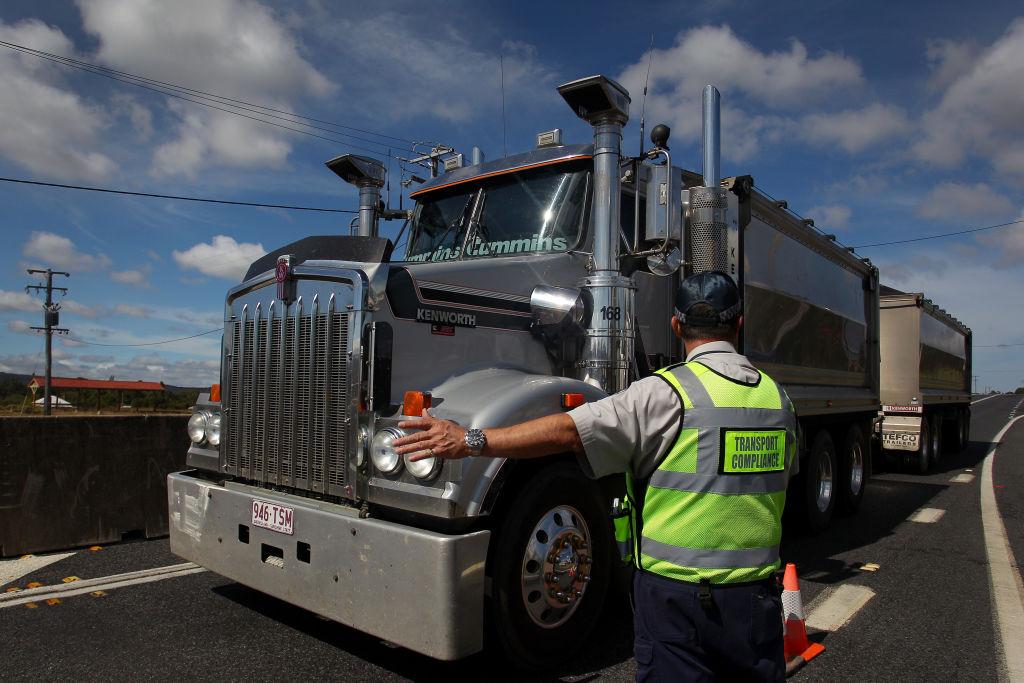Logistics giant Toll has criticised a nationwide strike by over 7,000 truck drivers over a pay dispute, saying the Transport Worker’s Union was not interested in achieving an outcome through negotiations.
Truckies will strike for 24 hours on Friday, which could have a flow-on effect on Australia’s food and petrol supply chains.





